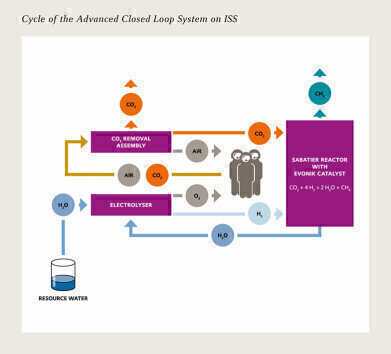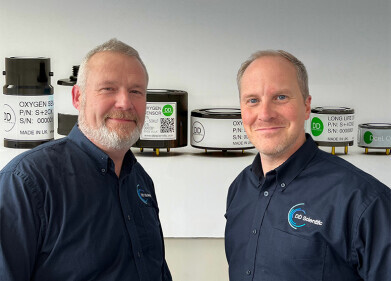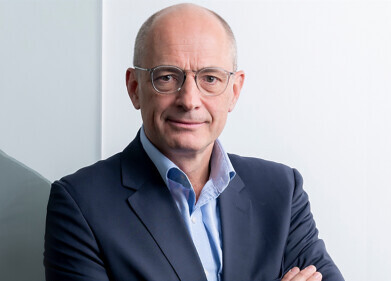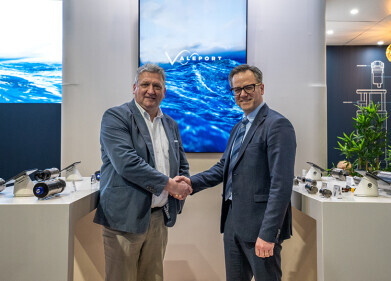Business News
Evonik catalyst in the life support system of the International Space Station
Jan 23 2019
The International Space Station (ISS) will receive a new element for the life support system called the "Advanced Closed Loop System" (ACLS), which recently was installed by Commander Alexander Gerst and now is being tested. A catalyst from Evonik plays an important role in the system. The ALCS was developed by Airbus for the European Space Agency (ESA) to ensure a very efficient life support system on board. The system is capable of removing exhaled carbon dioxide from the air whilst generating water and oxygen to breathe. With the commissioning of the system, it will generate about 40 percent of the fresh water required on board and thus significantly reduces the amount of water which needs to be transported from the earth to the ISS. The transport of water to the ISS is extremely expensive costing up to 60,000 Euro per liter. At the beginning of 2019, the system should be fully operational on the space station.
At the heart of the system is a Sabatier reactor, which converts carbon dioxide and hydrogen into methane and water. The oxygen needed for breathing is then obtained by electrolysis of the water produced. To make the reaction of carbon dioxide and hydrogen possible, a hydrogenation catalyst is necessary. This was jointly developed by Evonik and Airbus for the special application in the ACLS and prepared for use in the ISS in a multi-year qualification. It is a high performance catalyst that has high stress resistance and reliably delivers the required activity and selectivity over a long period of time, even when small quantities are used.
"It is a privilege to be able to realise this forward-looking project together with Airbus," explains Tim Busse, Product Group Head for fixed bed catalysts in Evonik's Catalysts Business Line. "If this system, designed for a 3-passenger crew, proves to complement the permanent life support system of the ISS, it will ensure optimal cabin air quality and efficient water supply in the near future. In addition, we expect it to be used in other applications on Earth when difficult-to-access habitats provide for challenging conditions in a small space."
Digital Edition
IET 34.2 March 2024
April 2024
Gas Detection - Biogas batch fermentation system for laboratory use with automatic gas analysis in real time Water/Wastewater - Upcycling sensors for sustainable nature management - Prist...
View all digital editions
Events
Apr 22 2024 Hannover, Germany
Apr 22 2024 Marrakech, Morroco
Apr 23 2024 Kuala Lumpur, Malaysia
Apr 23 2024 Kintex, South Korea
Apr 23 2024 Edmonton, AB, Canada



















